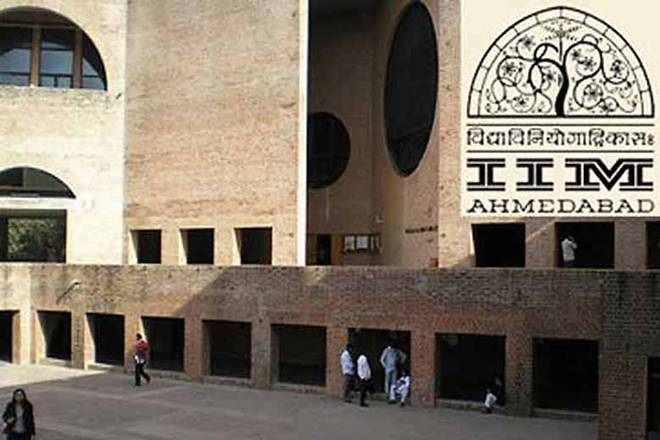NIRF rankings 2020: The Ministry of Human Resource Development (HRD) on Thursday announcement that the Indian Institute of Management Ahmedabad (IIM-A) has emerged as India’s top college for management course and secured the first rank in the latest National Indian Ranking Framework (NIRF) 2020. The institute’s position has improved from last year as it lost the first place to IIM-Bangalore in NIRF 2019 rankings.
This year, IIM-Bangalore has been ranked second. However, it is to note that IIM-Bangalore is the only management college that has been selected from India in Financial Times’ Executive Education Ranking released earlier this month. The college is followed by IIM-Calcutta on third. Notably, in this year’s listing, six out of ten colleges for management are IIMs. Here is a complete list of NIRF rankings for top ten B-schools in India.
NIRF ranking for business schools in India
Rank 1: Indian Institute of Management Ahmedabad
Rank 2: Indian Institute of Management Bangalore
Rank 3: Indian Institute of Management Calcutta
Rank 4: Indian Institute of Management Lucknow
Rank 5: Indian Institute of Technology Kharagpur
Rank 6: Indian Institute of Management Kozhikode
Rank 7: Indian Institute of Management Indore
Rank 8: Indian Institute of Technology Delhi
Rank 9: Xavier Labour Relations Institute (XLRI)
Rank 10: Management Development Institute (Gurgaon)
Also Read: NIRF Ranking 2020: IIT Madras, IISc Bangalore and IIT Delhi emerge as top three institutions
This year Indian Institute of Technology Mumbai has been removed from the NIRF Rankings for this year. It is to note that usually these rankings are out by April but due to Coronavirus outbreak, the listing was delayed and announced this month.
The HRD Ministry has started NIRF rankings back in 2015 where it ranks nine categories. These categories include overall rankings of colleges, universities, colleges, engineering colleges, management institutes, pharmacies, medical institutions and architecture. The decision is made by analysing the teaching process, research and professional practises, learning and resources, and graduation outcome among others.


